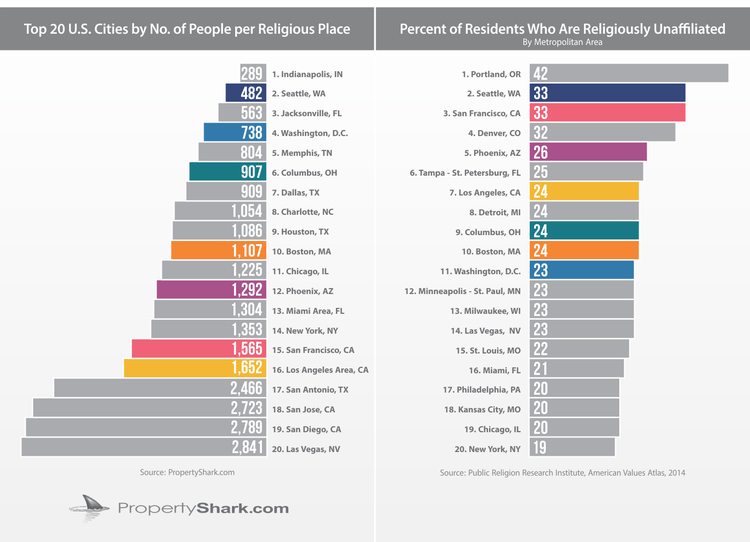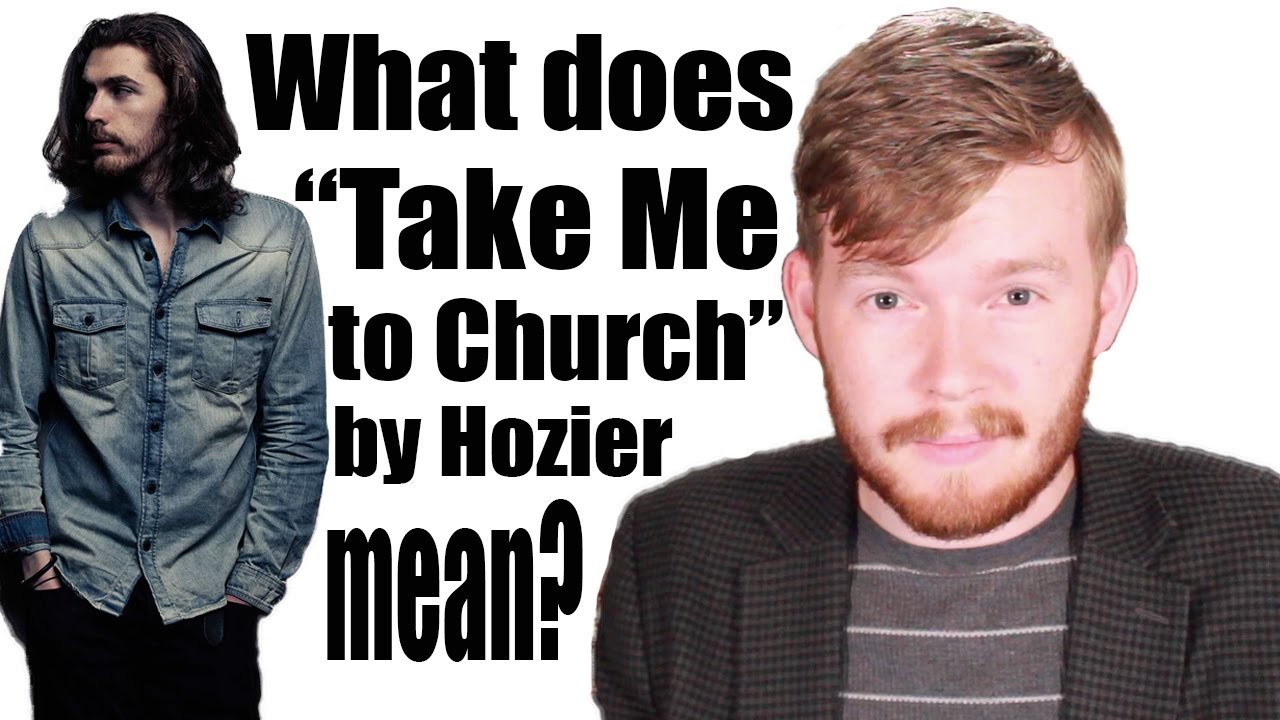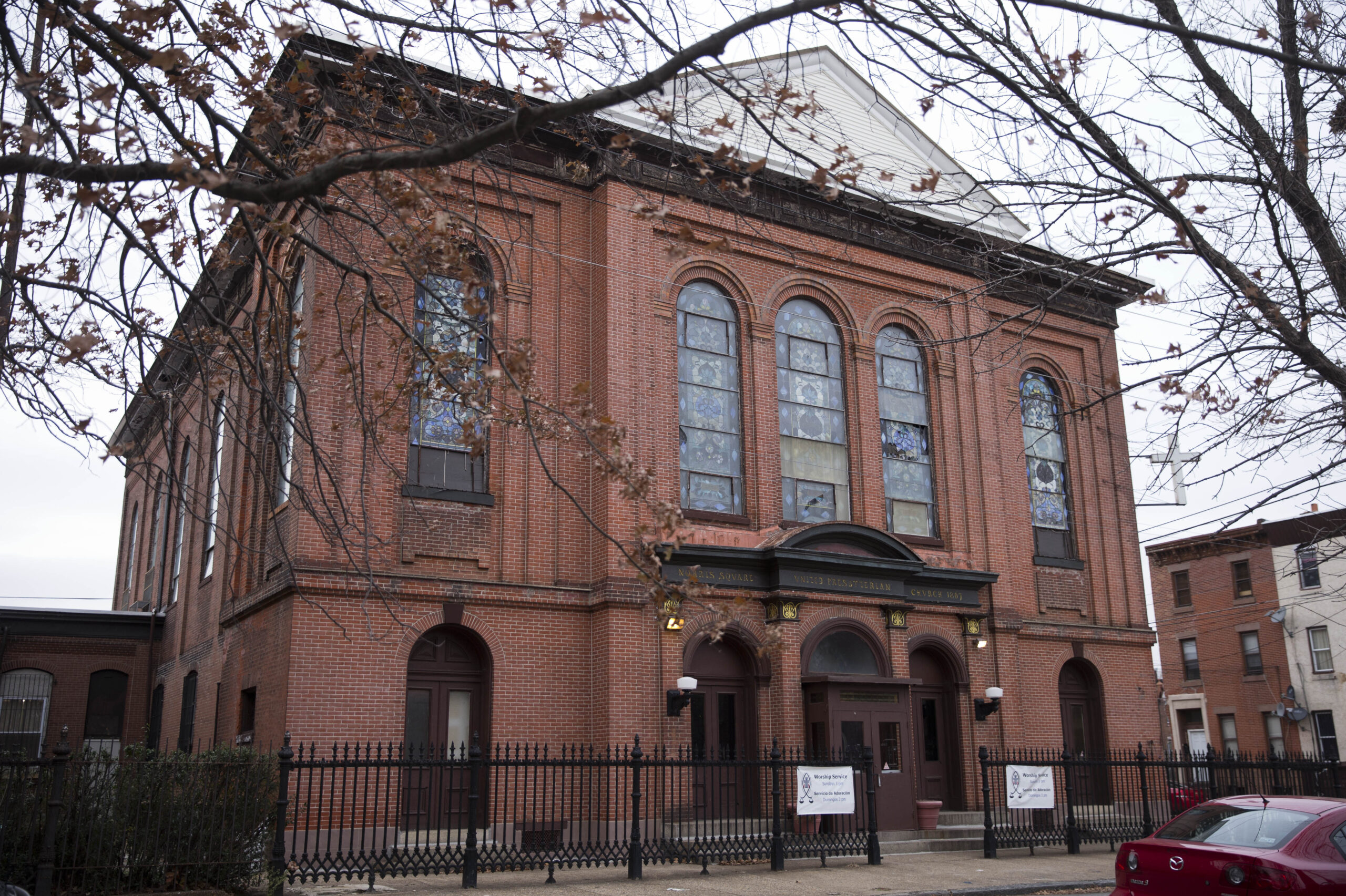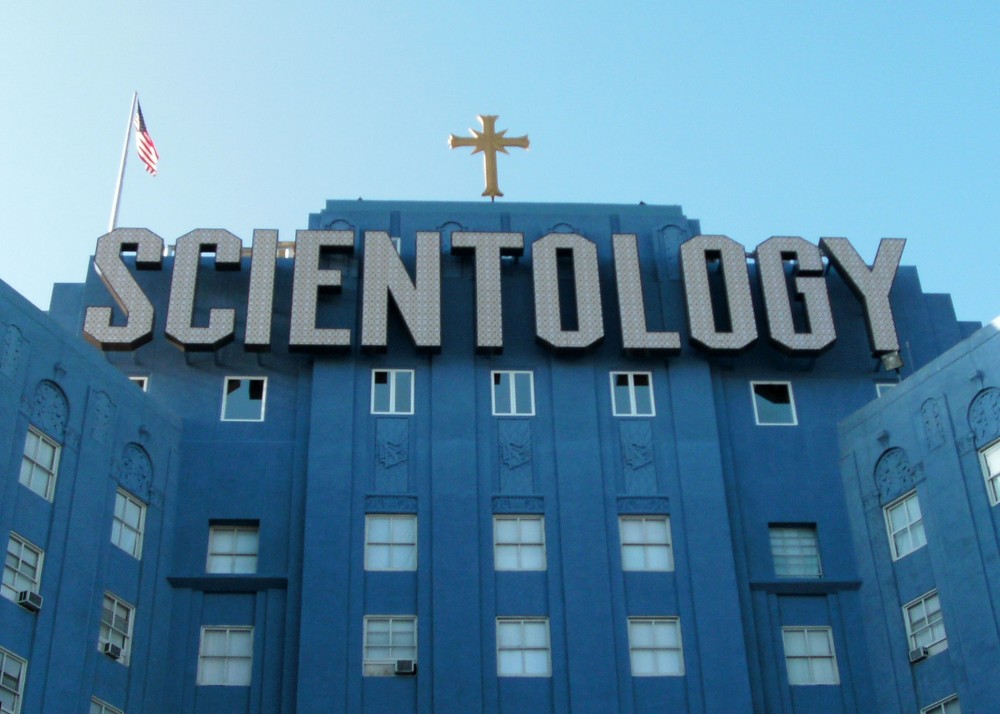In vitro fertilization (IVF) is a medical procedure that has helped many couples start families. However, the Catholic Church has traditionally had a nuanced stance on the topic of IVF, raising questions about whether an IVF baby can be baptized. In this article, we will explore the Catholic Church’s teachings on IVF and the baptism of IVF babies.
The Catholic Church’s Teaching On IVF
The Catholic Church teaches that life begins at conception. And that every human person has a right to life from the moment of conception. Therefore, the Church views the destruction of embryos as morally unacceptable.
IVF procedures often involve the creation of multiple embryos, which are then implanted in the woman’s uterus, with the excess embryos being frozen, donated, or discarded. The Catholic Church has long held that this practice is morally unacceptable, as it treats human life as a commodity to be used for medical experimentation.
Baptism Of IVF Babies
Despite the Church’s stance on IVF, the Catholic Church does not view IVF babies as being any different from naturally conceived babies. Therefore, the Church does not have any specific restrictions on the baptism of IVF babies. In fact, the Church encourages the baptism of all children, regardless of how they were conceived.
It is important to note that while the Church may not have any specific restrictions on the baptism of IVF babies, it is still important for parents to ensure that the child is being baptized in the proper circumstances. The Church requires that at least one of the parents be a practicing Catholic, and that the child be baptized within the first few weeks of life.
The Catholic Church’s teachings on IVF can be complex and nuanced, but when it comes to the baptism of IVF babies, the Church is clear: IVF babies are no different from naturally conceived babies, and they are welcome to be baptized in the Church. While the Church’s stance on IVF may not align with the views of all Catholics, it is important to remember that the Church’s primary concern is the sanctity of human life, and the salvation of souls.
The Role Of Godparents
When it comes to the baptism of IVF babies, the role of godparents is also an important consideration. According to Catholic Church canon law, the role of godparents is to assist the parents in the Christian upbringing of the child. Ideally, the godparents should be practicing Catholics who have already received the sacraments of baptism, confirmation, and communion.
It is important to note that while the Church may not have any specific restrictions on the baptism of IVF babies, it is still important for parents to ensure that the child is being baptized in the proper circumstances. The Church requires that at least one of the parents be a practicing Catholic, and that the child be baptized within the first few weeks of life.
The Role Of The Priest
It is also important to consider the role of the priest in the baptism of IVF babies. The Catholic Church has always taught that the sacrament of baptism should be administered in the context of the community of faith. This means that the priest should be aware of the circumstances surrounding the child’s conception and birth, and be able to provide guidance to the parents on the sacrament of baptism.
It is also important for the priest to understand the Church’s teachings on IVF and the unique circumstances surrounding the child’s conception. This will enable him to provide guidance to the parents on how to raise the child in a way that is consistent with Church teachings.
The Catholic Church’s teachings on IVF can be complex and nuanced, but when it comes to the baptism of IVF babies, the Church is clear: IVF babies are no different from naturally conceived babies, and they are welcome to be baptized in the Church. It is important for the parents, godparents and priest to work together to ensure that the child is being baptized in the proper circumstances.
And that the child is being raised in accordance with Church teachings. While the Church’s stance on IVF may not align with the views of all Catholics, it is important to remember that the Church’s primary concern is the sanctity of human life, and the salvation of souls.
Read Also:






